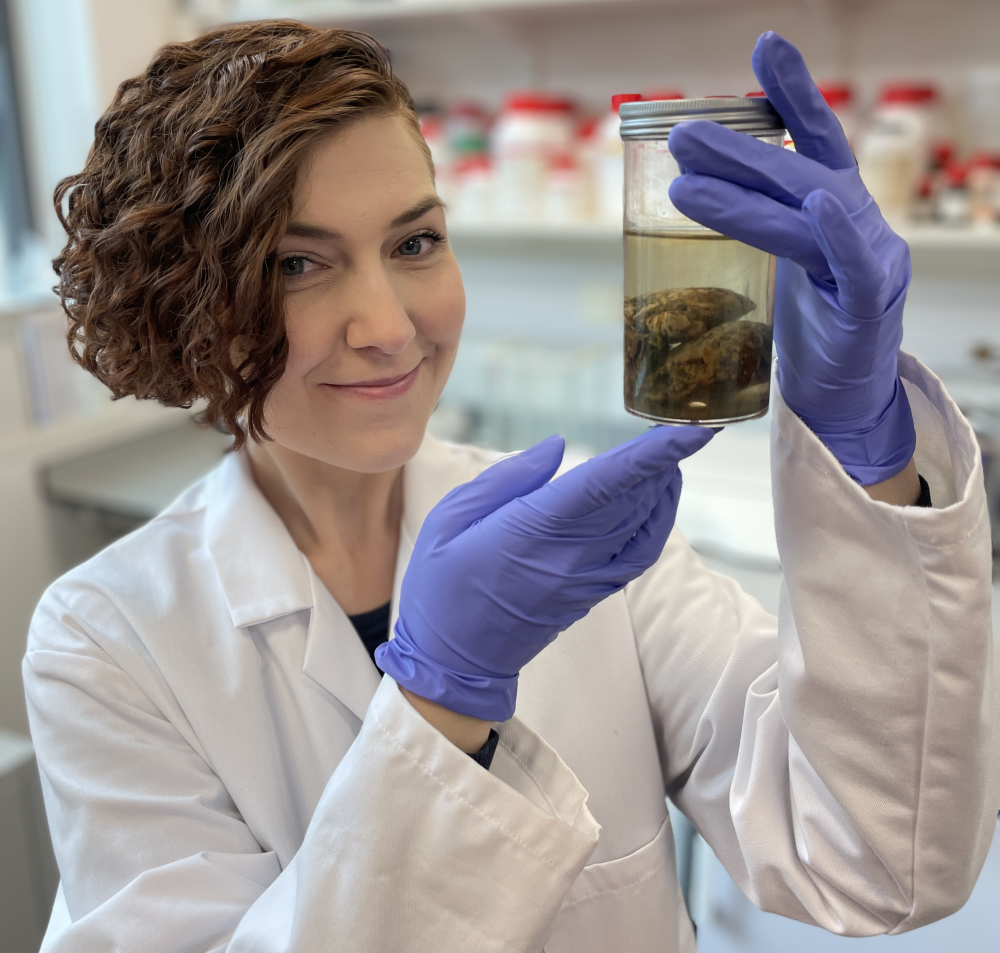Our brains are the consistency of tofu, and gross as that may be to grapple with, it makes finding naturally preserved specimens that date back thousands of years all the more fascinating. Once thought to be incredibly rare, new research challenges the view that brains don’t preserve well, revealing we’ve found a great abundance of preserved human brains, sometimes with the once-squishy think organ being the only soft tissue still standing in an otherwise skeletonized body.
Over 4,000 preserved human brains made it into a global archive pieced together by a team led by NERC Doctoral Candidate Alexandra Morton-Hayward of the University of Oxford’s Merton College, Department of Earth Sciences. The brains were retrieved from six continents, many dating back to around 12,000 years ago, and belonged to all walks of human life, from Arctic explorers, to European monks, and even members of royal families in Egypt and Korea.
Perhaps most curious of all was a subgroup of over 1,300 brains that were the only soft tissues that had survived amongst skeletal remains. Such outliers were found in waterlogged graves, sunken shipwrecks, and warm ponds where Morton-Hayward says it would be shocking to find soft tissue of any sort. And yet, there the ancient brains be.

Alexandra Morton-Hayward holding the two cerebellar hemispheres of a 2,000-year-old brain preserved in formalin.
Image credit: Graham Poulter
These ancient brains also represented the oldest in the archive, some dating back as far as the last Ice Age. The explanation could be environmental, or tied to the unique biochemistry of the brain, but finding out will require further investigation.
For now, perhaps the findings are a wake-up call that it’s time to start considering the human body, and our decomposing remains, in a less binary way.
“Before I studied forensic anthropology, I worked for many years as an undertaker: and the one thing I learnt was that just as we’re all different in life, we decay differently in death,” said Morton-Hayward to IFLScience. “There are well-established patterns we can point to (the biomineralised tissues, like bone and teeth, are almost certain to persist the longest, for example), but decomposition can surprise us.”
“I think that’s the main takeaway of our paper: rather than thinking of ‘the hard tissues’ and ‘the soft tissues’ as these umbrella groups, we need to consider the distinct biochemical makeup of individual organs and tissue types, which might dictate their preservation potential as much as environmental factors do. For instance, conventionally we think of the brain as invariably quick to liquefy – but this newly compiled record of more than 4,000 human brains clearly begs to differ, and rather demonstrates that, in certain circumstances, it’s the last man standing.”
Living brain tissue is pinkish like most raw meat, but give it a few thousand years or so, and it’s a very different story. Recognizing its preservation potential may even be the key to finding more samples in future, simply by remembering to look for them.
“Preserved brains – whatever their mode of preservation – are always shrunken,” explained Morton-Hayward. “They’ll fit neatly in the palm of your hand.”
“Sometimes the external surface is stained bright red, orange, or yellow with iron oxides, and they’re hard to miss; but other times they might be black and crumbly, and look more like the surrounding grave soil until you break them open and see the white matter within, and that’s one of the main points that I hope excavating archaeologists will take away from our paper: keep your eyes open, and check the skull before you wash it!”
The study is published in Proceedings of the Royal Society B.
Source Link: Ancient Brains Discovered In 12,000-Year-Old Humans Are Last “Soft Tissues” Standing